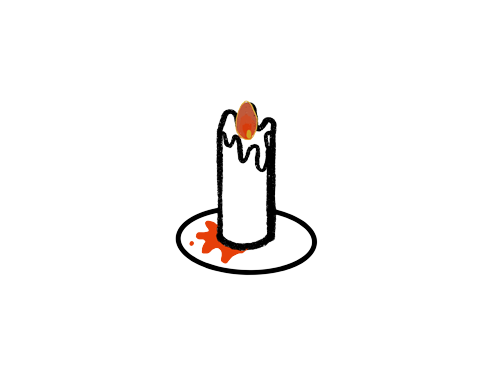
The 87th year after the Nanjing Massacre
13th December 1937
Remember history
Cherish peace
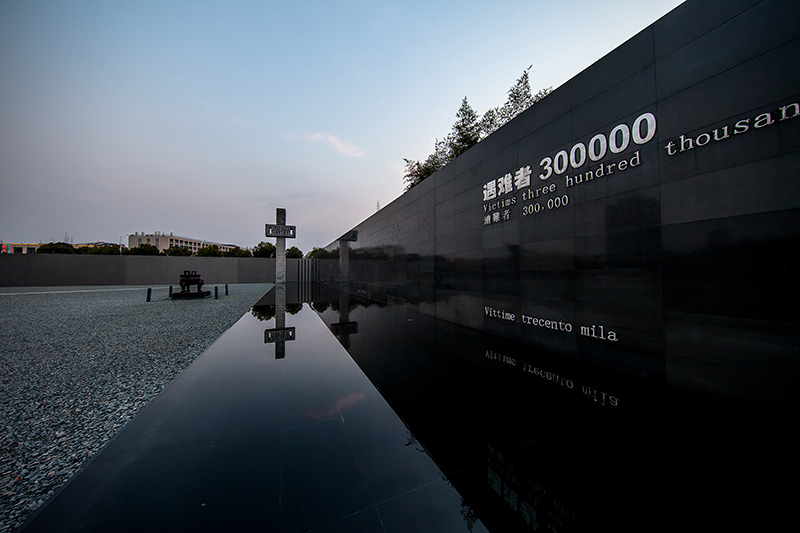
The Nanjing Massacre
In December 1937, the Japanese army carried out an organized and premeditated massacre, rape, arson, looting and other bloody atrocities in Nanjing and nearby areas for six weeks. In the Nanjing Massacre, more than 300,000 civilians were killed by the Japanese army in extremely brutal and bloody ways. There were even Japanese soldiers to carry out "killing competition", agreed with each other who killed 100 people first, who is the winner.
The Nanjing Massacre was a serious criminal act by the Japanese army in flagrant violation of international treaties and basic human moral norms during World War II and the War of Aggression against China. During the Nanjing Massacre, the New York Times, Joongang Daily, Xinhua Daily, Tokyo Daily Shimbun (now Mainichi Shimbun) and other Chinese and foreign media carried out a large number of revealing reports on the Nanjing Massacre. Many of the atrocities of Japanese soldiers were reported by the Japanese media at that time, and even called them "heroes of the imperial army."
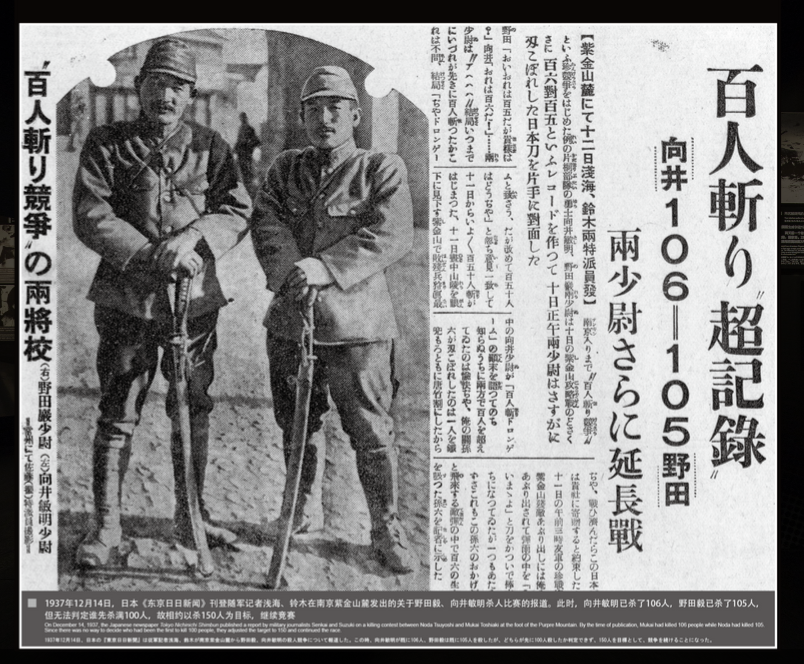
The Japanese newspapar reported that two ensigns were engaged
The Japanese newspapar reported that two ensigns were engaged
In the late 1980s, the Japanese right wing and some officials began to deny the existence of the Nanjing Massacre. They tried to falsify Japan's crime of invading China. On December 8, 2007, a front-page article in Japan's Sankei Shimbun newspaper claimed that "the Massacre is Chiang Kai-shek's fiction." To this day, there are still many Japanese officials publicly denying the Nanjing Massacre in the media.
Ruqin Gao
A surviver from the Nanjing Massacre
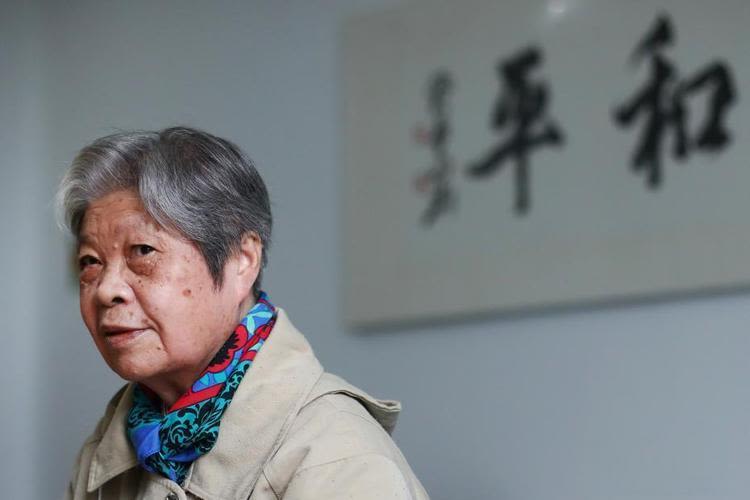
Wish
"I hope the world will be peaceful and everyone will have an environment to live and work in peace and contentment. I hope young people can live peacefully."
Her real experience
Ruqin Gao was born on January 22, 1934. At that time, there were seven people in their family, two sisters, two brothers, parents and her. Her father was a craftsman and made his living by weaving cloth. Their family life was difficult, relying on her father to support themselves. On December 13, 1937, her family and her grandparents were ready to leave.
They did not go through the front door, because they were afraid of the Japanese troops coming through the front door. There was a Qinhuai River at the back door, and because the water had dried up in the winter, they ran west along the river.At that time, two Japanese troops suddenly rushed over. They stood on the dirt wall of the next-door neighbor's house. They saw Gao's family walking below.At that time, because Gao was very small, her mother and grandmother were helping her to walk in front. The Japanese saw them and shot her mother. The bullet flew out of her mother's thigh. But the Japanese were not willing, and they fired a second shot.
The second bullet hit her grandmother in the chest. Grandma shouted and let go of Gao's hand. After Grandma fell down, the Japanese went away. Her father and grandfather came and carried her grandmother's body out to the gate.
"Over the years", she said, "she had never forgotten her grandmother's dying cry"
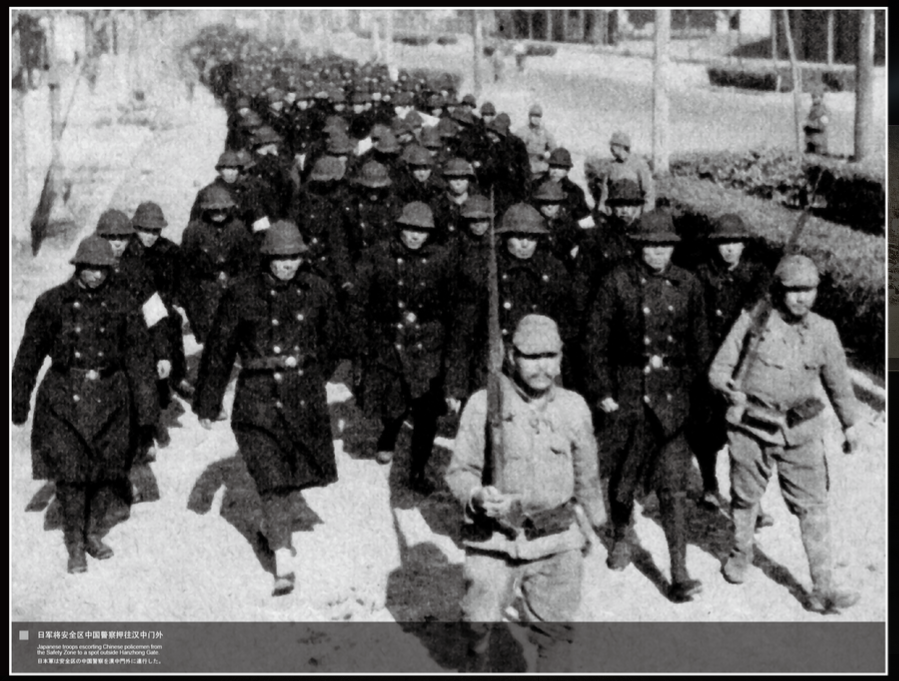
Japanese escorting Chinese police
Japanese escorting Chinese police
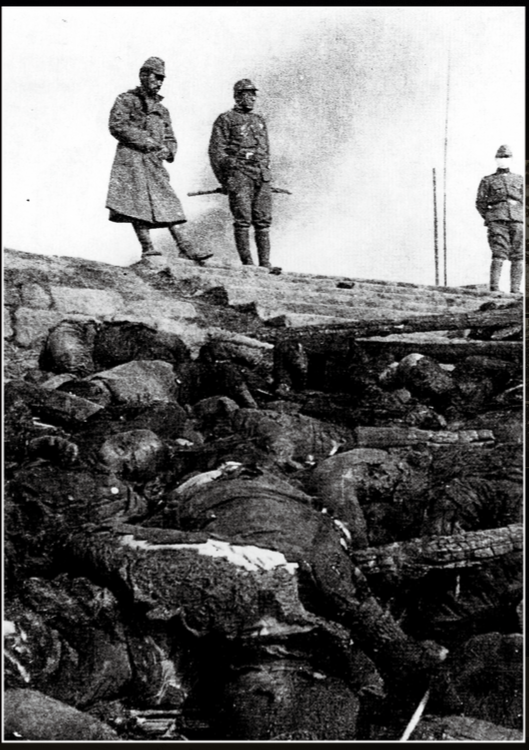
Japanese soldiers burning corpses
Japanese soldiers burning corpses
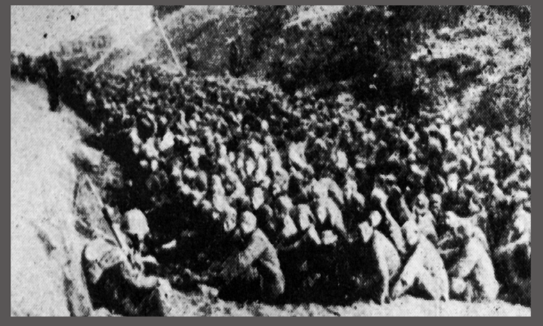
Captives hunted down by the Japanese army outside the Zhonghua Gate
Captives hunted down by the Japanese army outside the Zhonghua Gate
Foreigners in the Nanjing Massacre
Helps from international friends
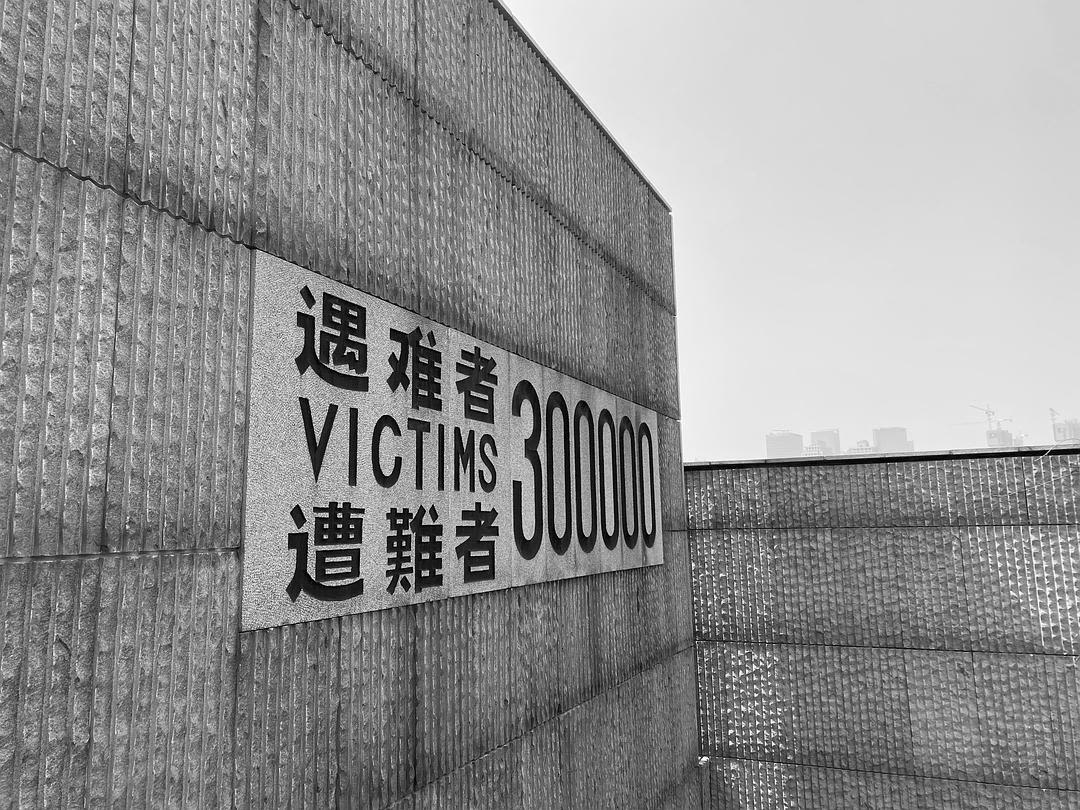
In the winter of 1937, at least 20 international friends chose to stay in Nanjing to help refugees.
In November 1937, the foreigners who remained in Nanjing decided to follow the precedent set by the French priest Rao Jiaju in the establishment of a refugee area in Nanshi, Shanghai, and set up an international relief agency in Nanjing, so that the people who had not been evacuated could have a refuge. The organization was named the "International Committee for the Nanjing Safety Zone," and Rabe was elected chairman of the committee.
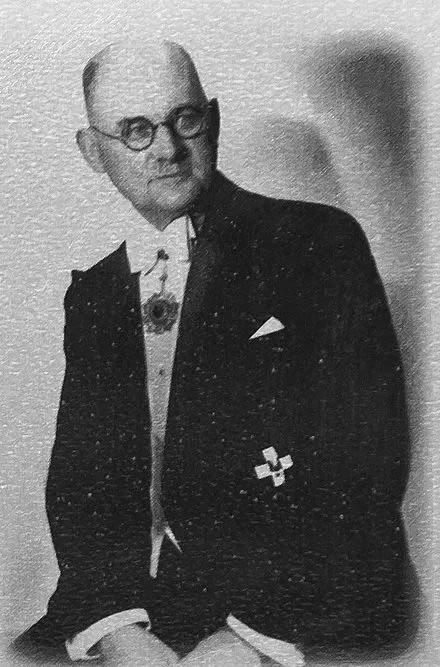
John Rabe
John Rabe
Rabe's Diary
In the winter of 1937, when the Japanese attacked the city of Nanjing, John Rabe was the head of the German firm Siemens in Nanjing. He was supposed to leave Nanjing, and Siemens' headquarters in Shanghai advised him to move to Hankou. But he stayed. He wrote in his diary: "The company certainly does not expect me to be beaten to death here for the company, nor will I. I also don't want to risk my life for anything in the company or my private property. But there is a moral point here, and as an upright Hamburg merchant, I have not yet been able to cross it."
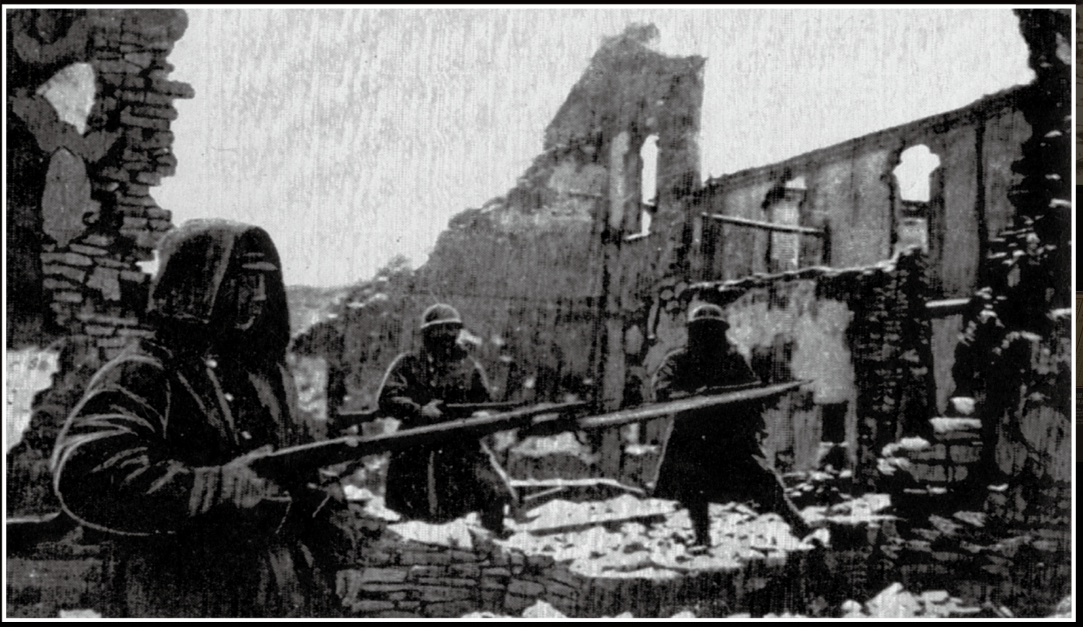


Staying in Nanjing means taking risks. But Rabe's sense of responsibility helped many Nanjing refugees.
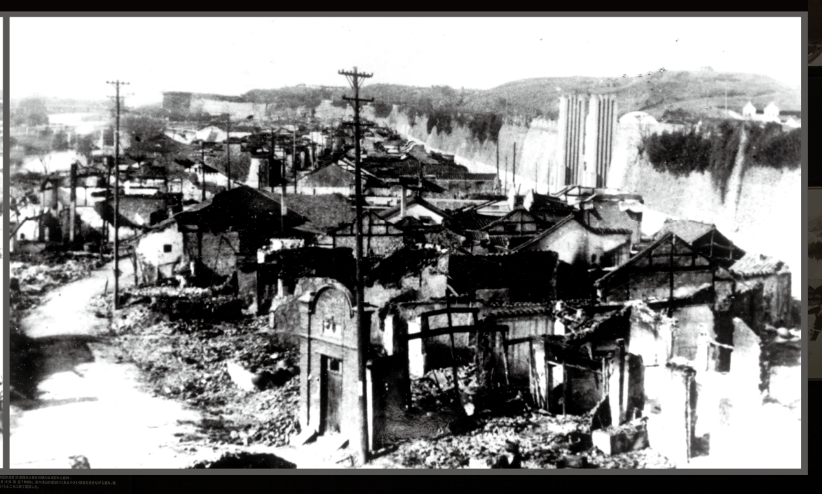
George A. Fitch
The American missionary George A. Fitch, who had been serving in the Nationalist Government's inspirational society, had decided to withdraw west with the group. But when Hang Liwu, one of the founders of the Nanjing International Safety Zone, asked him to serve as the director general of the Safety Zone Committee, Fitch accepted.
In a secret letter to a friend, Fitch said: "My life is in grave danger at any time...The Japanese don't like us staying here despite the exhortation to leave. They don't need bystanders. But we have to stay here. When they take the last of the destitute's possessions - the last copper, the last bedding (it is winter), the rickshaw man's car; When thousands of disarmed soldiers seek shelter from you, and hundreds of innocent civilians are taken away from your eyes to be shot or used for assassination practice, and you hear the shots that kill them; When thousands of women kneel before you and weep hysterically, begging you to deliver them from the ravages of the beast; When your flag is repeatedly torn down and trampled on while you stand by powerless and your own home is ransacked; And then you watch the city you live in and love, the school you dedicated your youth to, burn down systematically, piece by piece - a hell I never imagined, a hell like no other."
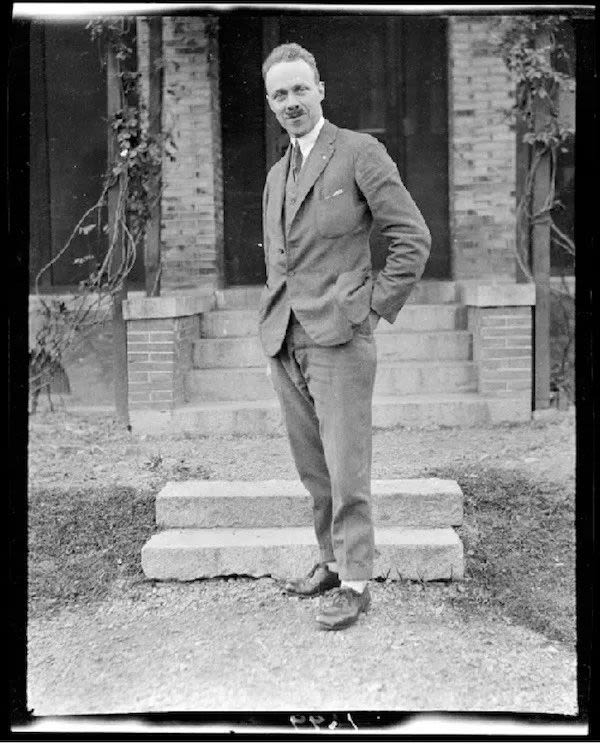
George A. Fitch
George A. Fitch
John Magee testifying at the Far East Military Tribunal
John Magee, an American missionary, participated in the rescue of the citizens and secretly filmed a documentary titled "Nanjing Atrocity," which shows the atrocities of the Japanese army.
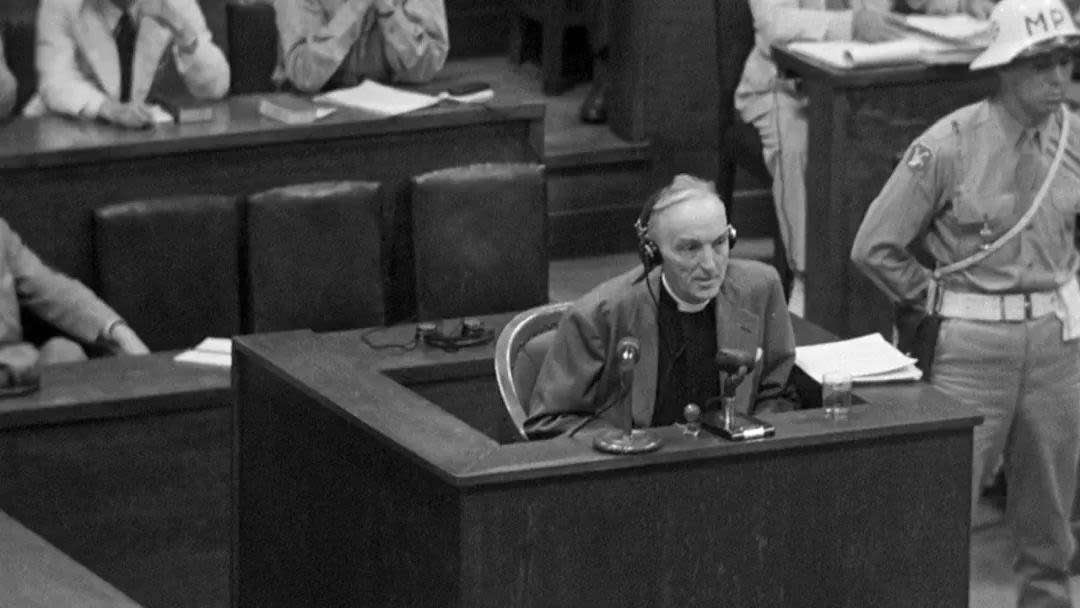

Related links:
- The Nanjing Massacre Film by American Pastor John Magee, official website of the National Archives Administration http://www.saac.gov.cn/zt/2014-12/08/content_76847.htm
- The Memory Hall of the Victims in Nanjing Massacre by Japanese Invaders https://www.19371213.com.cn/
- The Good Man of Nanking: The Diaries of John Rabe.
